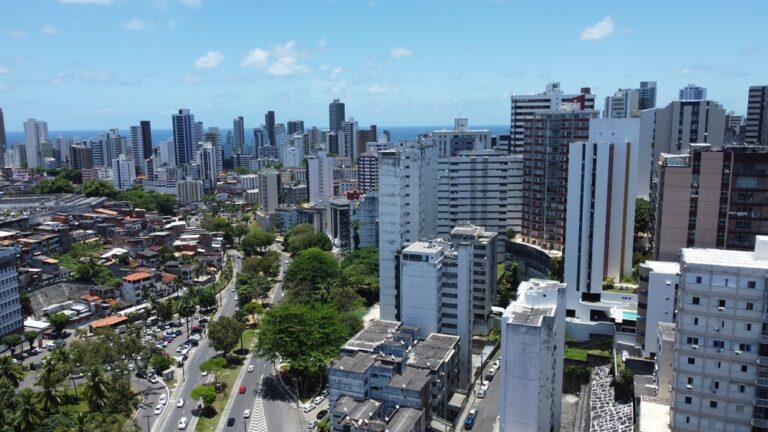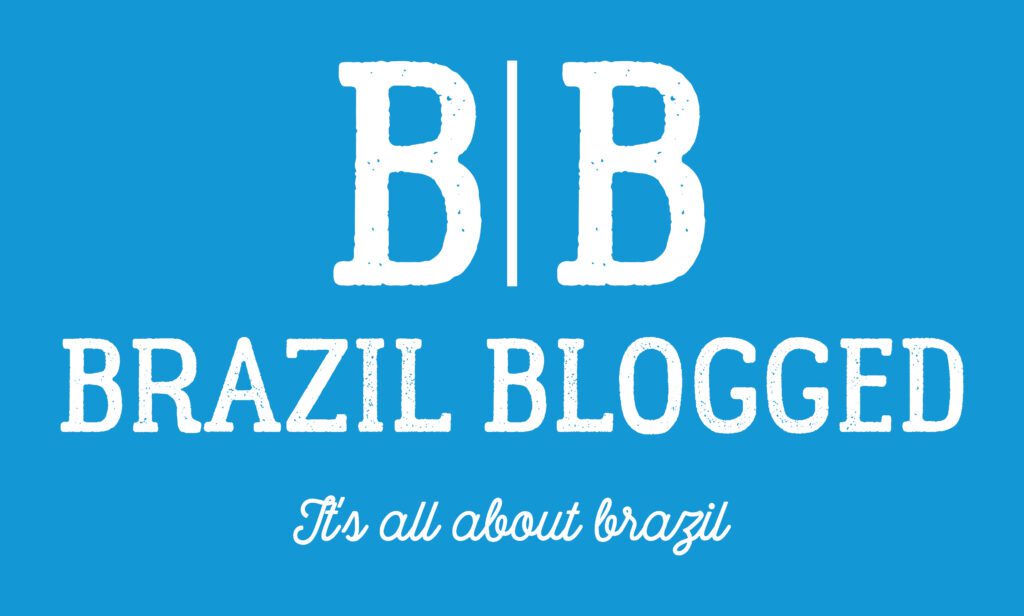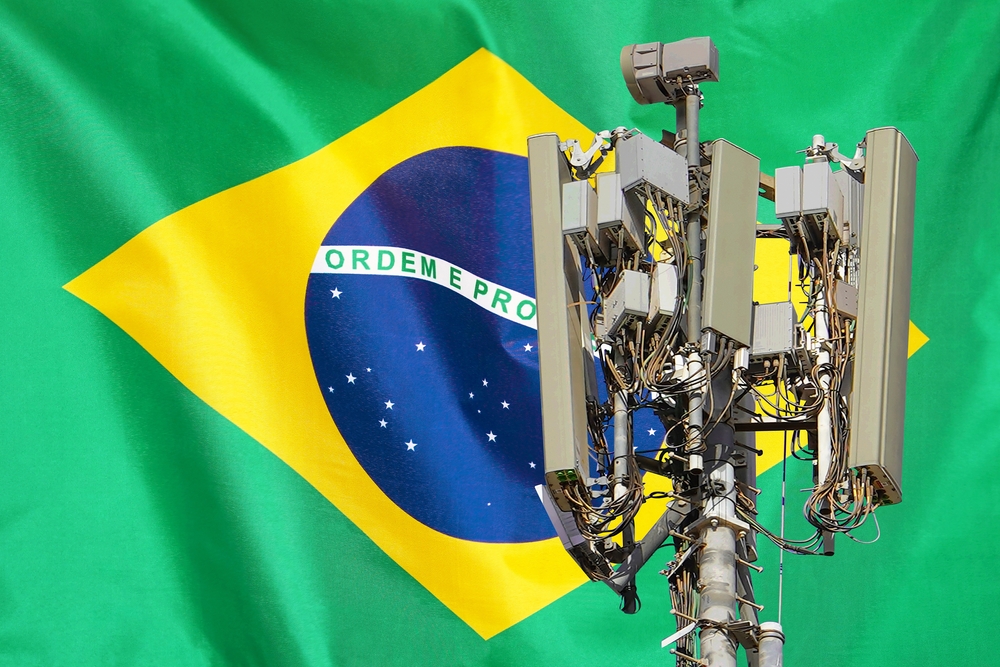Bolsa Família, Brazil’s prominent social welfare program, was instituted with the primary purpose of eradicating extreme poverty and promoting human capital development. As a conditional cash transfer initiative, it required recipients to meet certain education and health criteria to receive financial aid, thereby ensuring a simultaneous focus on immediate financial relief and long-term developmental goals. Over the years, the program has evolved into a cornerstone of Brazil’s social policy, with the dual aims of providing short-term financial support and incentivizing long-term improvements in health and education among impoverished families.
The impact of Bolsa Família has been the subject of extensive study and debate. On one hand, it has been lauded for its role in reducing income inequality and poverty rates, with observable benefits on the health and education of participating families. On the other hand, it faces criticisms and challenges, including stigmatization of beneficiaries and questions regarding its long-term sustainability and effectiveness. Despite these challenges, Bolsa Família has been influential as a model for similar programs in other countries, making its analysis not only pertinent to Brazil but also important in a broader context of global social policy.
Table of Content
ToggleKey Takeaways
- Bolsa Família is aimed at both poverty alleviation and human capital development.
- The program has shown significant impacts on health and education outcomes.
- Criticisms and challenges have sparked a debate on its long-term effectiveness.
Historical Background
Bolsa Família, Brazil’s flagship social welfare program, has fundamentally shifted the landscape of social policies in Latin America. This program has been influential in shaping the nation’s approach toward reducing poverty and inequality.
Origins of Bolsa Família
The inception of Bolsa Família traces back to 2003 under the presidency of Luiz Inácio Lula da Silva, popularly known as Lula. It consolidated various cash transfer initiatives in Brazil into one far-reaching program designed to directly impact poor families’ lives through conditional cash transfers. The main goal of Bolsa Família is to reduce immediate poverty and to promote long-term human capital development by requiring that beneficiary families keep their children in school and comply with health check-ups.
Presidential Influences
Lula‘s administration championed Bolsa Família as a centerpiece of its social policy, setting a precedent for subsequent leaders. His emphasis was on social inclusion and poverty alleviation, and Bolsa Família was aligned with these objectives. In contrast, more recent presidents like Jair Bolsonaro have assumed a different stance on social welfare policies, though Bolsa Família has largely remained intact due to its widespread public support and proven effectiveness.
Under various administrations, the program’s design and implementation have evolved, reflecting the changing political and socio-economic climate of Brazil. Despite these shifts, Bolsa Família has continued to play a crucial role in Brazil’s efforts to combat poverty and facilitate social mobility.
Program Overview
Bolsa Família is a Conditional Cash Transfer (CCT) program designed to support Brazil’s low-income families. As a cornerstone of Brazil’s social assistance efforts, it seeks to alleviate short-term poverty and foster human capital development.
Goals of Bolsa Família
Bolsa Família aims to reduce immediate poverty through direct cash transfers while encouraging long-term human capital formation. Specifically, it targets improvements in health, nutrition, and school attendance among children and adolescents. By setting conditions for beneficiaries, such as school attendance and regular health checks, the program envisions breaking the cycle of intergenerational poverty.
Design of the Program
The Bolsa Família program functions through a decentralized management structure, which facilitates the provision of monthly cash transfers to eligible families. Eligibility and transfer amount are determined by income level, number of children, and compliance with the program’s conditions. Emphasis is placed on health and education conditionalities, with the dual aim of providing immediate financial relief and promoting sustainable development through increased access to essential services.
Bolsa Escola Integration
Integrated into Bolsa Família in 2003, the Bolsa Escola program focuses on incentivizing school attendance. Transfers under Bolsa Escola are contingent on children maintaining a minimum attendance rate, a component critical to the overall objective of fostering education and reducing child labor. This incorporation symbolizes a strategic pivot towards a more comprehensive approach to social assistance, uniting monetary assistance with educational advancement.
Implementation and Coverage
The Bolsa Família program represents a major stride in Brazil’s social policy, focused on reducing poverty through cash transfer initiatives. This section thoroughly examines how the program reaches its intended recipients, ensures compliance with its directives, and utilizes data systems for effective monitoring.
Targeting and Eligibility
Bolsa Família operates on a targeted eligibility system to identify and support low-income families in Brazil. To accurately reach those in need, the program uses a means-tested approach, where households must fall below a certain income threshold. Criteria for eligibility include a range of socioeconomic factors, such as household income and number of children.
Compliance and Conditionalities
Compliance with conditionalities is central to the Bolsa Família. Recipients must adhere to various requirements to continue receiving assistance, which typically includes school attendance and health check-ups for children. These conditions are carefully tracked to encourage long-term human capital development among participating families.
Database and Monitoring
A robust database and monitoring system underpins the program’s operational success. The Cadastro Único, a centralized registry, is pivotal in managing eligibility data, while ongoing monitoring of compliance helps to ensure the program’s integrity and effectiveness. The steadfast monitoring of outcomes supports adjustments and improvements in Bolsa Família’s implementation, striving for comprehensive coverage and impact.
Economic and Social Impacts
The Bolsa Família program in Brazil has been extensively analyzed for its multifaceted impacts on poverty, inequality, and socioeconomic development. Discernible effects have been noted in the domains of poverty reduction and social inclusion, as well as in improving access to education and healthcare, which subsequently influences employment and economic development.
Effects on Poverty and Inequality
The Bolsa Família initiative has been instrumental in diminishing levels of extreme poverty and inequality. By providing conditional cash transfers, the program has directly augmented the income of the poorest families, allowing them to better meet basic needs. Studies such as “A critical review of CCTs and Brazil’s Bolsa Família Programme for long-term poverty reduction” have illuminated the positive impact Bolsa Família has had on reducing the breadth and depth of poverty.
Influence on Education and Health
Bolsa Família has stipulated conditions that enhance education and health outcomes by requiring school attendance and regular health check-ups for beneficiary families. This approach is designed to foster long-term human capital development. For example, as presented in the article “Transforming subjects into citizens: Insights from Brazil’s Bolsa Família”, it is evident that the program’s beneficiaries tend to have better educational attendance and improved health indicators compared to non-beneficiaries.
Employment and Economic Development
While Bolsa Família’s immediate goal is poverty reduction, it also aims to spur economic development by increasing consumption and facilitating recipients’ entrance into the labor market. The cash transfers help to stimulate local economies by boosting demand for goods and services. Meanwhile, the availability of basic social services helps to create a more skilled workforce over time. Nonetheless, the program’s direct effects on employment are complex and have been the subject of debate, with some researchers suggesting that it may discourage adult labor force participation in certain contexts.
Challenges and Criticisms
While the Bolsa Família program has made strides in alleviating poverty in Brazil, it faces a series of challenges and criticisms revolving around issues with targeting beneficiaries, limitations in scope and scale, and the surrounding political controversies.
Issues with Targeting
Issues with targeting the most vulnerable populations have been a persistent challenge for the Bolsa Família program. Critics point out that inequality in the form of income inequality is not fully addressed due to flaws in the data analysis processes. A study published by Springer highlights the positive outcomes of the program, yet also emphasizes that discrepancies in the selection of beneficiaries can actually exacerbate inequity by missing the poorest segments of the population or including non-eligible participants.
Limitations in Scope and Scale
The Bolsa Família program, though robust, also contends with limitations in both its scope and scale. The program is at times criticized for not providing sufficient resources to produce long-term poverty reduction. Research by Cambridge University Press discusses the long-term impacts of the program, touching upon the potential conservative effects and how it may not significantly change the structure of opportunities for the beneficiaries.
Political Controversies
Political challenges add another layer of complexity to Bolsa Família’s operations. The program has been a central element of debate, often construed within the spectrum of partisan politics. Research hosted on the T&F Online website elucidates some of these dynamics, particularly how social policies are politically characterized, and argues that policy implementation can be heavily influenced by the current political climate. This environment can foster controversy about the program’s role within Brazil’s welfare state and its implications for democratic processes.
Comparative Analysis
The comparative analysis of Brazil’s Bolsa Família provides an understanding of its uniqueness and its shared traits with international programs, its regional influence on Latin American social policies, and the lessons it offers to other developing countries.
Bolsa Família vs. International Programs
Bolsa Família, a pioneer in Conditional Cash Transfer (CCT) programs, has set the groundwork by linking financial aid to education and healthcare conditions. Unlike some international programs, Bolsa Família has received commendation for its role in reducing both poverty and inequality levels in Brazil, as highlighted by a critical review. On a global stage, programs such as Mexico’s Oportunidades (now Prospera) and Indonesia’s Program Keluarga Harapan (PKH) share CCT frameworks but have variations in delivery and outcomes. Mexico’s Prospera program, for instance, involved a broader range of health services and nutritional support in comparison to Bolsa Família.
Effects on Latin American Social Policies
The success of Bolsa Família has had a profound impact on the development of social policies across Latin America. Chile’s Solidario program is one such policy that was influenced by Bolsa Família, albeit with a focus on more intensive social support networks. This and similar programs address poverty by combining direct financial aid with measures to increase access to essential services, a model that has replicated throughout the region, as seen in the expansion of CCT programs in countries like Peru and Colombia.
Lessons for Other Developing Countries
There’s a valuable exchange of insights and strategy among developing countries as they observe and adapt Brazil’s Bolsa Família model. Developing countries can learn from Brazil’s strategy of implementing a large-scale, cost-effective social policy that not only alleviates immediate poverty but also focuses on long-term human capital development. Such experiences underscore the importance of adapting the model to local contexts; what works for Bolsa Família in Brazil may require tweaks to be effective in the distinct social and economic landscapes of other developing nations like Indonesia.
Conclusion and Future Prospects
Brazil’s Bolsa Família Program has been a cornerstone of the country’s social protection strategies, known for its significant impact on reducing poverty by providing conditional cash transfers to millions of families. To understand its current relevance and how it may evolve, it is crucial to consider the program within the present political environment and the potential reforms that could enhance its effectiveness.
Bolsa Família in the Current Political Context
Under the scrutiny of various administrations, Bolsa Família has consistently played a pivotal role in Brazil’s social policy. It faces challenges that stem not just from budgetary constraints but also from political debates about its scope and impact. Discussions frequently revolve around the program’s efficacy in promoting long-term economic independence for beneficiaries, as well as its capacity to adapt to the shifting economic landscape. Any alterations or continuations of the Bolsa Família program will inevitably be influenced by the prevailing political will and economic strategies adopted by current and future governments.
Potential Reforms and Improvements
As strategists and policymakers explore the future of the Programa Bolsa Família, specific reforms are often suggested to enhance program outcomes. These may include:
- Increasing investment in education and job training, with an emphasis on improving the long-term labour market trajectories of young beneficiaries, thereby equipping them with tools necessary for sustainable economic empowerment.
- Tweaking the program’s structure to better address the diverse needs of families, potentially through differentiated cash transfer schemes or more personalized support services.
Reform efforts frequently emphasize the importance of fine-tuning the balance between immediate assistance and the promotion of long-term self-sufficiency. As such, any future reforms are likely to focus on how the program can continue to provide essential social protection while fostering a more robust foundation for families to break free from the cycle of poverty.
Frequently Asked Questions
This section addresses several key questions surrounding Bolsa Família, focusing on how the program aims to reduce poverty, its observed outcomes, and the effectiveness of its implementation mechanisms.
How does the Bolsa Família program address poverty in Brazil?
The Bolsa Família program is designed to provide financial aid to impoverished families in Brazil. The aim is to not only alleviate immediate financial strain but also to break the cycle of poverty by conditioning the monetary benefits on certain health and education requirements for children.
What specific outcomes have been attributed to the Bolsa Família program?
Research on Bolsa Família has noted that it has had positive outcomes on social inclusion. This includes reducing income inequality and poverty rates, and potentially also impacting future generations by imposing conditions related to education and healthcare.
In what ways has Bolsa Família contributed to changes in education and health in Brazil?
Bolsa Família’s conditional cash transfers are tied to children attending school and getting vaccines, which have contributed to higher school attendance rates and improved overall education outcomes, as well as to improved health indicators amongst participating families.
What are the economic ripple effects of the Bolsa Família program on Brazilian society?
The program is thought to stimulate the local economies since families generally spend their cash transfers on basic goods within their communities. The increased consumption can foster economic activity and potentially create employment opportunities.
Can Bolsa Família be considered a successful case study for social welfare programs globally?
Given its scale and significant effects on poverty alleviation in Brazil, Bolsa Família is often viewed as a remarkable example of a social welfare program that other countries can look to for insights into reducing poverty and improving health and education outcomes.
What mechanisms does the Bolsa Família program utilize to ensure the funds are used effectively?
Bolsa Família employs a system of conditionalities along with regular monitoring and evaluation to ensure that funds are used for the intended purposes, such as maintaining children’s school attendance and meeting health check-up requirements. Compliance is regularly checked to continuously qualify for the financial support.












4 Responses